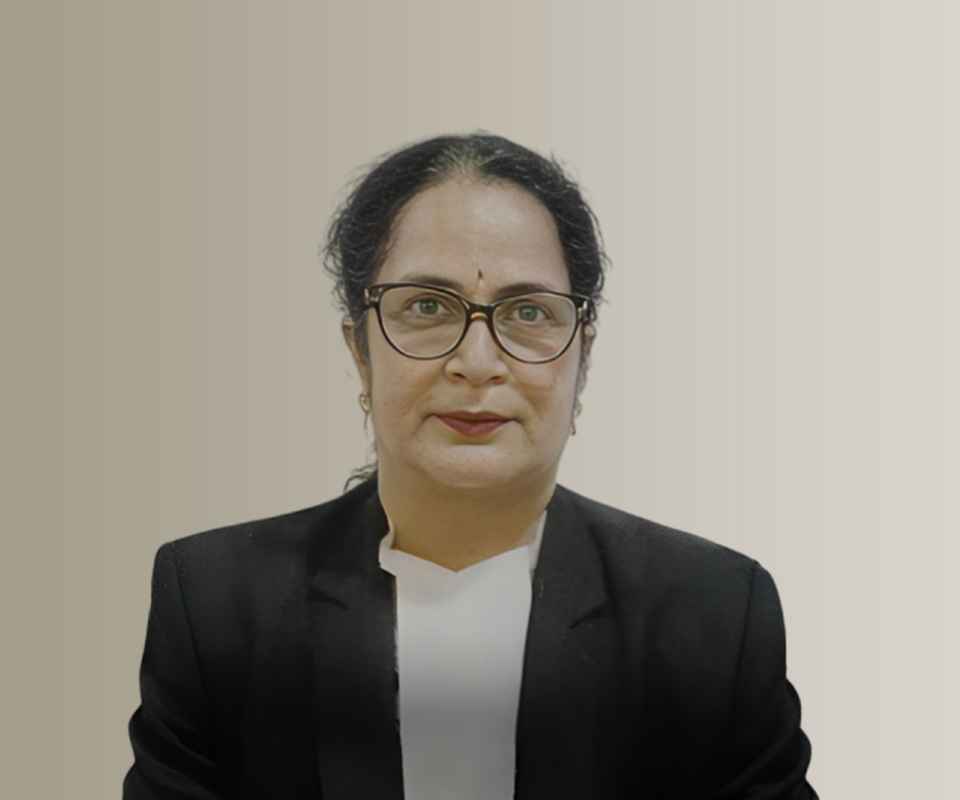Answer By law4u team
Financial abuse in a marriage refers to situations where one spouse exerts control over the other by limiting access to money, assets, or financial resources. This may involve non-disclosure of assets, control over income, restricting access to money, or forcing the other spouse to depend financially. While economic abuse is often overlooked, Indian law provides several avenues for a spouse to seek compensation and protection from such abuse.
1. Understanding Financial Abuse:
Financial abuse can take many forms, such as:
- Preventing the spouse from working or earning.
- Withholding access to joint funds or savings.
- Misappropriating or hiding assets and property.
- Forcing the spouse into economic dependency.
- Not providing for the needs of the family, even when the abusive spouse is capable of doing so.
Financial abuse can also be part of a broader pattern of domestic violence and mental cruelty, and can severely affect the economic independence and dignity of the abused spouse.
2. Legal Remedies for Financial Abuse:
There are various ways in which a spouse can seek compensation or remedy for financial abuse under Indian law:
a. Domestic Violence Act (2005):
The Protection of Women from Domestic Violence Act, 2005 (PWDVA) offers legal protection for women who suffer from financial abuse within a marriage. The Act provides for economic abuse as a form of domestic violence. Economic abuse is defined as:
- Deprivation of financial resources, or
- Preventing the woman from accessing money or property she is entitled to.
A woman can seek the following under this Act:
- Maintenance: If the spouse is being financially controlled or exploited, they can claim maintenance under Section 20 of the Domestic Violence Act.
- Compensation: Under Section 22 of the Act, a woman can ask for compensation for the physical, emotional, and economic abuse she has suffered.
- Right to Residence: If the abuser tries to control the victim's financial independence, the woman can claim the right to reside in the marital home or any shared property.
b. Alimony and Maintenance:
Under Section 125 of the Criminal Procedure Code (CrPC), any spouse who is unable to maintain themselves (due to financial abuse or otherwise) can file for maintenance. This can be used to provide the abused spouse with the financial support they need for living expenses, medical care, and children’s needs.
If the wife has been financially abused (e.g., not provided for or forced to rely entirely on the abusive spouse), she can claim alimony (a form of long-term financial support post-divorce).
If the abuse leads to a divorce, the wife can also claim permanent alimony or interim alimony during the divorce proceedings under Section 25 of the Hindu Marriage Act, 1955.
c. Property Rights and Economic Exploitation:
A spouse who has been economically exploited (such as not being allowed to access joint property or having their rights to shared assets denied) can seek compensation or the rightful share of the property under Indian property laws.
If the spouse has been deprived of their share of joint assets, they may seek a division of property during divorce proceedings under the Hindu Marriage Act, 1955 or Special Marriage Act, 1954, as applicable.
In cases where assets or income were concealed or misappropriated during the marriage, the spouse can also seek legal remedies under the Indian Trusts Act, 1882 or the Indian Penal Code (IPC) (for fraudulent misrepresentation or financial deception).
d. Section 498A of the IPC (Cruelty):
Section 498A of the Indian Penal Code (IPC) criminalizes cruelty by a husband or his relatives towards the wife, which includes financial or economic abuse. If a spouse is subjected to financial abuse, the aggrieved party can file a case of mental cruelty or economic exploitation under this section.
If the spouse’s economic abuse is part of a larger pattern of cruelty, the aggrieved spouse can seek criminal action, as well as compensation for the harm caused by the abuse.
e. Divorce Proceedings and Financial Settlement:
In divorce cases, a spouse who has suffered financial abuse can claim a fair share of assets and alimony. The Family Court will consider the financial contributions of both parties, including whether the abusive spouse hid assets or restricted access to money.
A financial settlement during divorce can include:
- Compensation for lost income or financial contributions during the marriage.
- Reimbursement for any property or assets withheld by the abuser.
- Regular financial support (alimony or child maintenance).
f. Claim for Property in Case of Non-Disclosure:
If financial abuse involved non-disclosure of assets (e.g., the abusive spouse hid properties or bank accounts), the victim can file a suit under Section 90 of the Indian Trust Act, 1882 (fraudulent concealment of property). This legal action allows the abused spouse to claim their rightful share of hidden or withheld property.
3. Example:
Suppose a wife is financially controlled by her husband, who withholds all earnings from her, restricts her access to any savings or assets, and forces her to rely on him for all expenses. In such cases:
- The wife can file for maintenance under Section 125 of the CrPC or alimony under the Hindu Marriage Act if the marriage ends in divorce.
- If the financial abuse is part of a broader pattern of domestic violence, she can seek protection and compensation under the Domestic Violence Act, including her right to financial support and residence.
- If she finds that the husband has hidden or misappropriated property, she can seek a financial settlement or property division in divorce proceedings.
4. Conclusion:
In India, a spouse who has suffered financial abuse during marriage can seek legal remedies for compensation and protection through various laws, including the Domestic Violence Act, maintenance under CrPC, and divorce proceedings. Compensation can be in the form of maintenance, alimony, property division, and even criminal action in cases of economic exploitation. The abused spouse should consult a family lawyer to navigate the legal process and ensure they receive the financial support and compensation they are entitled to under the law.







